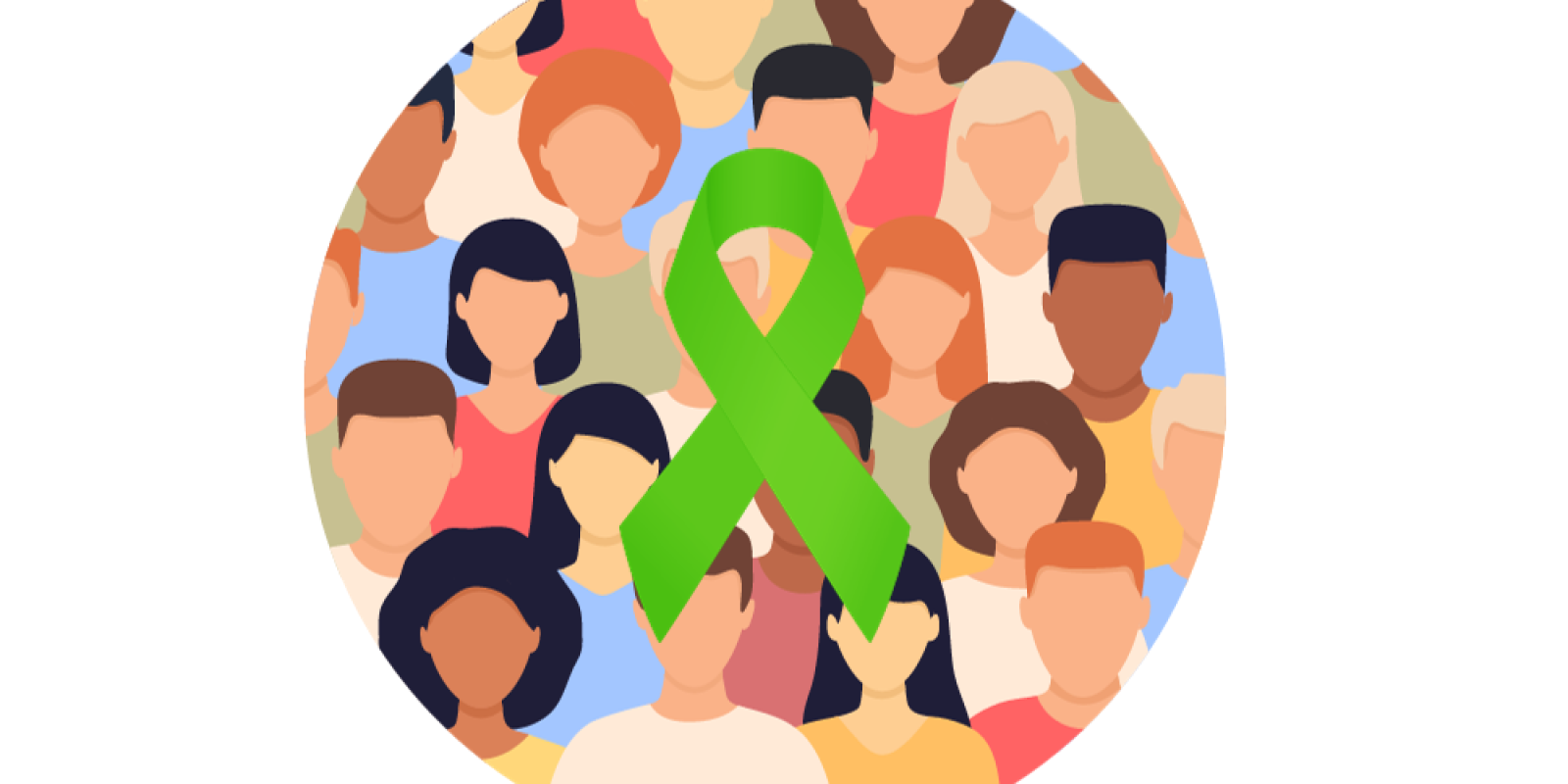
No Size Fits All: Contextualizing Mental Health Care
Far from one-size-fits-all, mental health care is deeply personal. Between individuals, communities and cultures, mental health and the issues surrounding it take on a variety of looks. So what can psychologists, especially those working cross-culturally, do to make sure that the care they’re providing is hitting the mark?
“Even simple things, like terms such as ‘depression’ or even ‘mental health’ itself carry different connotations across cultural backgrounds,” said Gurusewak Khalsa, associate professor of practice in the Department of Psychology. “We might have to throw these terms out completely and find a way to use not just the technical language that a community is using, but also their own description of what it means to be depressed, what it means to feel anxious, what it means to have psychiatric disorders –– everything.”
The idea of translation in mental health care stretches far beyond language. Each society understands and addresses mental health issues in a different way, so it's important for counselors who have been trained in a cultural background different than their clients to address this potential gap in order to be able to provide effective support. To navigate this, discussing mental health must be approached flexibly and responsively.
“A lot of people in the field of mental health have really good intentions. Those intentions can end up causing harm when we apply them without attention to the cultural context of who we’re working with,” said Khalsa. “It’s your responsibility to learn as much as you can about your clients’ values and beliefs, and develop an understanding of their experience. And then any intervention or support should be based on that understanding rather than solely your training.”
The more that mental health care can match its context and individual recipient, the more people can access support that is meaningful to them. That requires shifting away from a rigid idea of what these concepts mean and adopting a fluid, adaptive approach to how mental health care functions.
“It’s important that we, as a profession, first try to understand and recognize the needs of the community or people we are serving from their own perspective before developing plans for support,” Khalsa said. “We can also make sure we are including a focus on the community’s strengths–things that are already working well–and help the community grow and develop those strengths to other areas, rather than falling into a trap of starting from a place where only see or recognize things that seem wrong or broken.”
Mental health care access is a topic discussed across the world, showing up in a variety of ways transnationally. Physical and economic barriers affect access, alongside social factors such as stigma. But amidst the continuing conversation, the first step is to be able to get in the room.
“Sometimes the first step is the biggest one. If we can make that first step comfortable and supportive, then we’ve addressed a large barrier to the situation.” said Khalsa. “Meeting that [first step] with flexibility, with both personal and cultural awareness can play an important role in addressing mental health issues in any context.”
To find out more about mental health resources at AUC, visit the AUC Wellbeing webpage.

